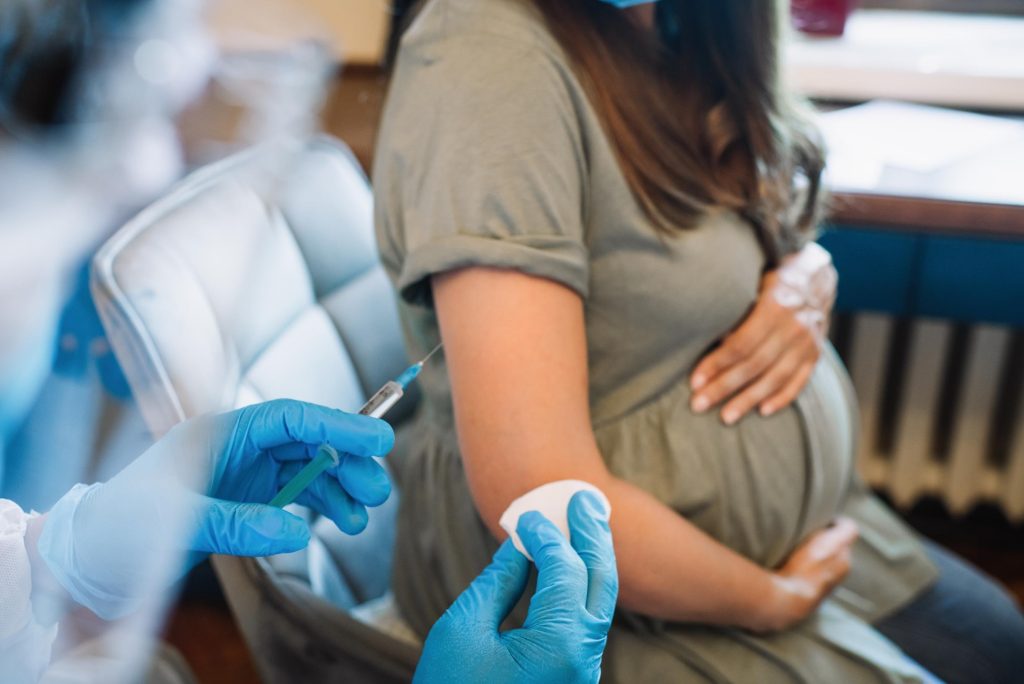
© Getty Images
Corona vaccines based on mRNA technology do not cause complications in pregnant women and their children. This is what the EMA’s COVID-19 task force said in a statement on Tuesday.
source: Belgian
The task force examined several studies that focused on the potential effects of vaccines on pregnant women. Across all studies, approximately 65,000 pregnancies were examined. They were in different stages. The review found no evidence of an increased risk of adverse effects in unborn children after an mRNA vaccine, such as that from Pfizer-BioNTech or Moderna.
Vaccines also appear to be as effective in reducing the risks of hospitalization and death in pregnant women as they are in the general population. The most common side effects of vaccines in pregnant women are similar to those in the overall vaccinated population. These include pain and swelling at the injection site, fatigue, headache, muscle aches and chills. Side effects are usually mild and go away after a few days.
The EMA notes that clinical trials do not usually include pregnant women. Therefore, there is often no data available on the use of vaccines and medications in pregnant women when the product is licensed. This data is obtained only after that. However, studies of corona vaccines in animals show that there are no negative effects during pregnancy or postpartum development.
As pregnant women are at increased risk of severe COVID-19 infection, especially in the second or third trimester, the EMA advises them to get vaccinated.
EMA primarily based its analysis on data from mRNA vaccines. The agency will also study data from other authorized vaccines. Even if new and relevant information emerges, the coronavirus vaccines will be reassessed immediately, it seems.

“Total coffee specialist. Hardcore reader. Incurable music scholar. Web guru. Freelance troublemaker. Problem solver. Travel trailblazer.”







More Stories
GALA lacks a chapter on e-health
Weird beer can taste really good.
Planets contain much more water than previously thought